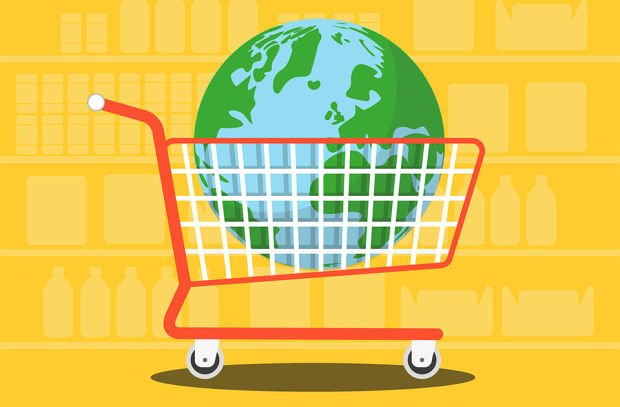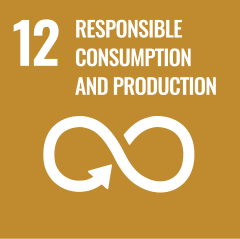The concept of conscious consumerism is growing, and along with it ways that you can incorporate it in your life to become a conscious consumer. A lot of it has to do with consumers’ attitudes and awareness, which are constantly changing. But who is a conscious consumer and what makes one a part of the sustainability movement? In layman’s terms, if you are making your purchase decisions based much beyond what is printed on the bottle, you are moving in the right direction. When you go out of your way to know more about the company’s production, logistics, and supply chain to analyze whether or not their operations harm the environment and human resources, you are behaving like a conscious consumer!
All business processes have an impact on our environment, human rights, political and economic systems whether that be positive or negative. Our choices matter because our purchases support businesses through our dollar to function and prosper. So when we buy from a brand that does not follow ethical or sustainable business practices, we are fueling the company to endure the negative effects.
What is Deterring Us From Becoming Conscious Consumers?

The importance of making informed consumer decisions has largely been provoked by SDGs, environmental movements, and the current condition of our planet. However, it is also often held that only the privileged can buy sustainable products. Meanwhile, commoners and families struggling to make both ends meet often find it difficult to support green businesses. Most sustainable products are locally made from scratch, where labor is paid fairly and is likely to sustain for longer periods, which adds up to a higher price tag. Due to constrained financial resources, we are more than often forced to buy cheaper products, unaware of the negative externalities.
However, what is more difficult to observe is how capitalism has designed the way in which we consume. Let’s take the case of packaged water bottles: for the temporary fix, we give in to the convenience of buying packaged water bottles instead of buying a bottle that can be used for years. However, those plastic bottles add up. The case for cheaper clothes follows the same principle- fast fashion is easily affordable but also easily wears out very quickly, and thus facilitates more purchases. If we begin budgeting and planning our purchases, it becomes quite evident how much more practical and cost-effective our sustainable choices are in the long run.
How Big is My Small Contribution?

But it also makes you wonder – does one person’s effort have an impact? Famous bloggers and influencers have pondered whether their ways of sustainable lifestyle is making the impact they envisioned. There are various ways to do it small – using cotton bags, buying handmade soaps, shampoo bars, saying no to plastic straws, using wooden toothbrushes, etc. All of these small steps that we consciously contribute towards living in an ‘environmentally conscious’, ‘socially conscious’, ‘value-conscious’ world built on a conscious consumer lifestyle. Bigger steps like opting for public transportation, carpooling, refraining from red meat, etc. also leads us to a better way of living. But as just one person of millions, does it really make a difference? The answer is yes; it really does. One drop makes a mighty ocean, and so does one person’s effort make for collective action.
The famous Alden Wicker has said her years of blogging and writing make her conclude that conscious consumerism is not as effective and that a single person's actions alone will not make a lot of difference. Though small steps like these will contribute, it will take decades to materialize. To bring significant changes, things need to change systematically; efforts should be directed towards something that will deliver real change in climate change, pollution, and environmental preservation. Instead of just migrating our social guilt of polluting the environment by various small things, he suggests directing them towards contributing to political parties and candidates who care about climate change, donating to voluntary organizations that clean up rivers, and fight against corporates that indulge in unethical business practices.
What Can We Do Better?

We shouldn’t give up our small lifestyle changes that help us socially and environmentally become more aware. We should start by taking small, baby steps and refraining purchases unless really necessary. Reduction of our consumption is so important. Many brands also bear sustainability logos, which should be on our criteria for purchasing. There are projects that conduct research and analyze the impact companies have on social, economical, and environmental sustainability, thus guiding ethical consumers. Embracing the consumption process is delightful once we realize the scale of impact: we can collectively make a real difference in every conscious purchase we make. The earth is changing, and it is time we change the way we consume too.
If you’re interested in becoming conscious and want to learn more, check out these 5 Ways You Can Start Your Sustainable Lifestyle Journey! Make the first step towards a sustainable lifestyle by calculating your plastic footprint and going Plastic Neutral with us today! For about the price of a coffee a month help ensure that your plastic waste stays out of the oceans.



.jpg)

.jpeg)









